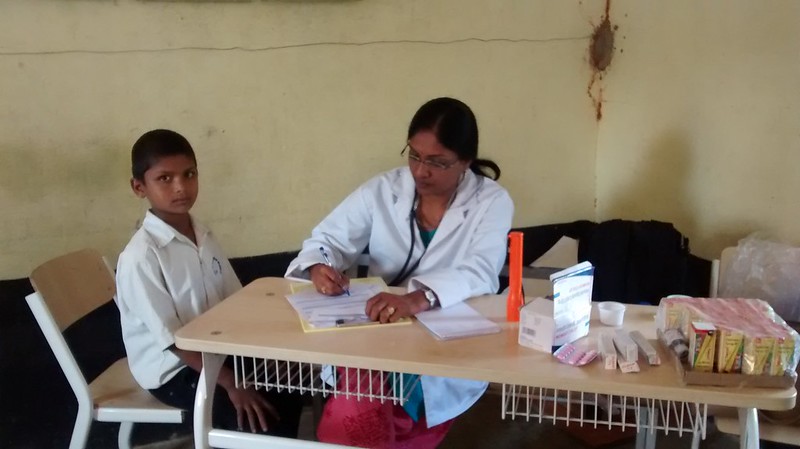Mpox in India: Understanding the Outbreak and Response
 India has confirmed its first case of a deadlier mpox strain, the clade Ib variant, in Kerala. Previously contained in the Democratic Republic of Congo, this strain is now spreading globally, leading the World Health Organization (WHO) to declare a global health emergency. Authorities detected the case in a 38-year-old man who had recently traveled from Dubai and have identified 29 contacts for self-quarantine.
India has confirmed its first case of a deadlier mpox strain, the clade Ib variant, in Kerala. Previously contained in the Democratic Republic of Congo, this strain is now spreading globally, leading the World Health Organization (WHO) to declare a global health emergency. Authorities detected the case in a 38-year-old man who had recently traveled from Dubai and have identified 29 contacts for self-quarantine.
The Spread of Mpox in India
Mpox, previously known as monkeypox, is an infectious disease caused by the monkeypox virus (MPXV), a double-stranded DNA virus from the Orthopoxvirus genus in the Poxviridae family. A global outbreak of the clade IIb strain occurred between 2022 and 2023. As of now, the mpox outbreak in India has primarily affected urban areas, especially New Delhi. Although the number of cases has not reached critical levels, there is concern about potential widespread transmission in densely populated regions. Public health officials are closely monitoring the situation, tracking cases and ensuring containment measures are in place.
India’s Public Health Response
India’s public health response to the mpox outbreak has been swift and coordinated. The central government has urged all states and Union territories to identify facilities and train personnel to manage both suspected and confirmed mpox cases. Union Health Secretary Apurva Chandra has emphasized the importance of timely sample testing, isolating cases and conducting genome sequencing through the Indian Council of Medical Research (ICMR) to determine the virus clade.
States have received instructions to boost public health preparedness at state and district levels, establish isolation facilities and enforce strict infection control measures. Public awareness campaigns are underway to educate communities about the disease, its transmission and the importance of early reporting. Additionally, diagnostic capabilities are robust, with 36 labs supported by the Indian Council of Medical Research (ICMR) and three commercial PCR kits approved by the Central Drugs Standard Control Organisation (CDSCO) to facilitate testing. These ongoing efforts aim to control the spread of mpox and protect public health.
Prime Minister Narendra Modi has intensified India’s response and preparedness for the mpox outbreak following the World Health Organization’s (WHO) declaration of the disease as a Public Health Emergency of International Concern. Guidance from WHO has significantly shaped India’s response to mpox, providing best practices from other countries and offering frameworks to manage the disease within a broader public health context.
Looking Ahead
India has responded swiftly and proactively to the mpox outbreak, demonstrating a strong commitment to controlling the virus’s spread. Coordinated efforts at both national and state levels have enhanced diagnostic capabilities, established isolation facilities and promoted public awareness.
– Aneela Agha
Aneela is based in Dubai, United Arab Emirates and focuses on Global Health for The Borgen Project.
Photo: Flickr
